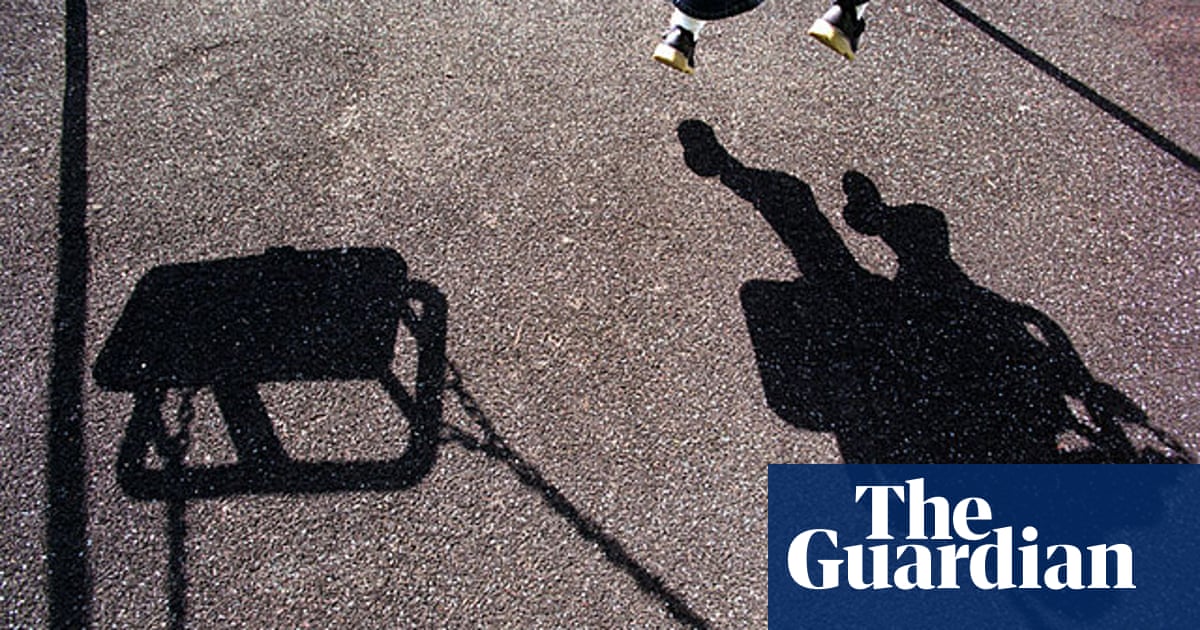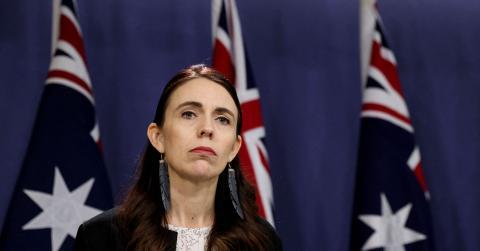
New Zealand"s Prime Minister Christopher Luxon has formally apologized to victims of abuse in care homes, following an inquiry into one of the country"s biggest abuse scandals.
The historic apology, delivered in parliament, comes after a report found that 200,000 children and vulnerable adults had suffered abuse while in state and faith-based care between 1950 and 2019.
Many of them included people from the Māori and Pacific communities and those with mental or physical disabilities.
The government has since promised to reform the care system.
“I make this apology to all survivors on behalf of my own and previous governments," said Luxon on Tuesday.
“It was horrific. It was heartbreaking. It was wrong. And it should never have happened,” he added. “For many of you it changed the course of your life, and for that, the government must take responsibility.”
The inquiry, which Luxon described as the largest and most complex public inquiry ever held in New Zealand, took six years to complete and included interviews with more than 2,300 survivors of abuse in state and faith-based care institutions.
The ensuing report documented a wide range of abuses including rape, sterilisation, and forced labour.
It found that faith-based institutions often had higher rates of sexual abuse than state care; and civil and faith leaders fought to cover up abuse by moving abusers to other locations and denying culpability, with many victims dying before seeing justice.
The findings were seen as vindication for those who found themselves facing down powerful officialdom, the state, and religious institutions - and often struggling to be believed.
Some survivors and advocates arrived in parliament Tuesday to hear the prime minister"s apology, while hundreds of others tuned in through livestreams across the country. Luxon had earlier faced criticism for delivering the apology in parliament, as that meant many survivors could not hear from the prime minister directly.
Survivors have argued that Luxon"s apology rings hollow unless it is accompanied with proper plans for restitution.
"The effects of that trauma came through later on in life," Tupua Urlich, a Māori survivor who had given his testimony of abuse to the inquiry, told the BBC"s Newsday programme. "It"s not just the physical abuse, it was the disconnection from my family, from my culture."
"Justice? No, not yet... These words are nothing unless they"re followed by action, and the right kind of action that is informed by survivors.
"The government have proven that alone they"re not trusted, nor capable, of providing the sort of change and service that we need."
Details on a restitution scheme are not expected until early next year.
Luxon said Tuesday that while the government works on a new financial redress mechanism for survivors, it would pump an additional NZ$32m ($19m, £15m) into its current system.
The inquiry had made over 100 recommendations, including public apologies from New Zealand authorities and religious leaders, as well as legislation mandating suspected abuse to be reported.
Luxon said the government has either completed or is in the process of working on 28 of these recommendations, but did not give specific detail.
A bill aimed at better protecting children in care had its first reading in parliament on Tuesday, after Luxon delivered the apology. The bill proposes, among other things, a ban on strip searches and greater restrictions on people working with young children.
Luxon also announced a National Remembrance Day to be held on 12 November next year to mark the anniversary of Tuesday’s apology.
“It is on all of us to do all we can to ensure that abuse that should never have been accepted, no longer occurs," he said. — BBC












